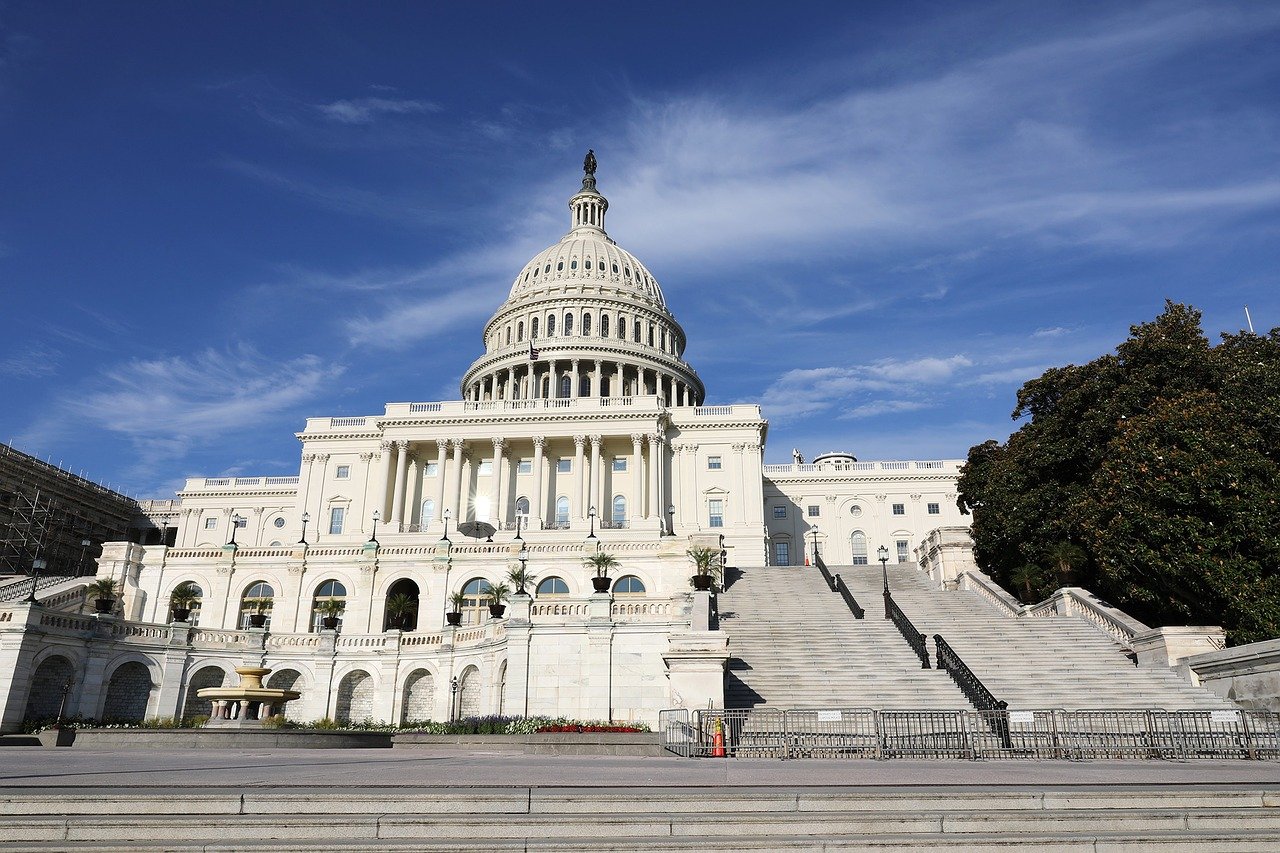The American Institute of CPAs (AICPA) has publicly advocated for funding that supports an effective and efficient tax administrative system and has now stated its position on the Internal Revenue Service’s (IRS) upcoming operational plan for the $80 billion appropriation provided to the IRS through the Inflation Reduction Act of 2022 (IRA).
In a letter submitted to the Department of the Treasury and the IRS, the AICPA indicates the allocation of resources should include the following:
- Stronger Focus on Service
Given the historic low levels of IRS taxpayer services, the AICPA is concerned that there was an insufficient allocation of funding in the IRA to improve taxpayer services to appropriate levels. The AICPA is concerned that service challenges will persist unless sufficient, targeted funding for technology improvements, human talent and training, and taxpayer services are appropriated.
- Reducing the Processing Backlog to Healthy Levels
As an integral part of the plan, it is critical that the IRS continue to address and eliminate its processing backlog. Suggestions include:
- Clearly communicate to the public, in a timely manner, the status of all IRS operations.
- Continue the suspension of certain automated collection notices until the IRS is better prepared to devote the necessary resources for a proper and timely resolution of the matters.
- Offer a reasonable cause penalty waiver due to the COVID-19 pandemic and its lingering impact on IRS operations, similar to the procedures of first time abate (FTA) administrative waiver, without affecting the taxpayer’s eligibility for first time abate in future tax years for all penalties with respect to all type of returns and payments.
- IRS Operational Plan for Resources Included in the IRA’22
The AICPA has previously raised concerns regarding how the IRA allocates the additional funds appropriated to the IRS, specifically the allocation of $45.6 billion to enforcement and only $3.1 billion to service. The IRS can mitigate some of this imbalance by paying for enforcement-related service out of IRA enforcement funding. Some examples of this include:
- The cost of the recruitment, development and retention of a quality workforce within an enforcement context.
- The development of the appropriate service and technology infrastructure to support its enforcement initiatives and fund that infrastructure out of enforcement appropriations.
- The expenses related to enforcement activities supported by customer service, like the automated collection customer service representative answering taxpayer and practitioner phone calls.
The AICPA suggests the IRA plan should include a comprehensive IRS customer service strategy that is supported by resources to provide taxpayers and practitioners with access to empowered employees, timely information and tailored resources.
The IRS’ comprehensive plan for training should also include customer-focused subject matters, a consistent and high-quality format and the leveraging of trained employees. The IRS should include a comprehensive plan to redesign the organization which should incorporate a customer-focused culture, provide an integrated technological infrastructure and create a dedicated Practitioner Services Division.
Finally, to enable the IRS to achieve the improvements required for a 21st century tax administration system, the IRS needs a modern technological infrastructure.
In the letter, the AICPA expresses concern with the current allocation, which it states are based on current low levels of IRS taxpayer services. “Taxpayers’ and practitioners’ experiences with the IRS over the last three years demonstrate the need for additional focus on customer service. We understand that enforcement is an important aspect of the responsibilities of the IRS and critical to a voluntary compliance tax system. However, we believe there is an imbalance in the allocation of funds between enforcement and service,” the group says.
“We understand what is working and not working with tax administration from both taxpayer and practitioner perspectives. As one of the IRS’s most significant stakeholders, AICPA is both poised and committed to being a key resource to IRS regarding allocation of the $80 billion,” the group continues.
Thanks for reading CPA Practice Advisor!
Subscribe Already registered? Log In
Need more information? Read the FAQs
Tags: AICPA, Income Taxes, IRS




